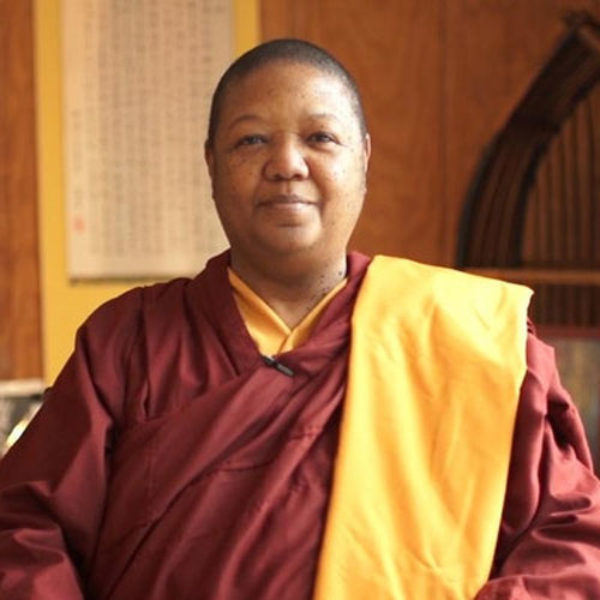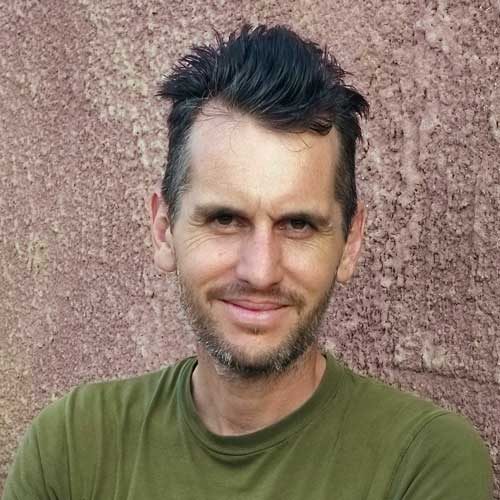Dharma practice encourages us to transform our thoughts, words and actions. The primary mechanism for how this is accomplished is vague. What often goes unnoticed is that the use of the term mind has undergone a radical psychologization from the time of the Buddha into present day. During this session we will explore the many nuances of the pali term citta and how it can be utilized as a voice for personal and global transformation.
With Dave Smith recorded on July 31, 2022.
Found our teachings useful? Help us continue our work and support your teachers with a donation. Here’s how.
Discussion
One thought on “Citta and Right Speech: Cultivating the Voice of Kindness and Wisdom”
Leave a Reply Cancel reply
You must be logged in to post a comment.
Discover more from the Dharma Library
-

Daily Meditation Recordings, with Ulla Koenig – Week of January 17, 2022
This week’s theme is: Embracing Anger.
How do you deal with your feelings of anger?
Is it okay to be angry at times or do we need to get rid of it once and for all?
Meeting our anger can be a challenge, as it comes with a driving energy and tends to evoke reactions of blame, fear or delight within us. The Buddha encouraged us to familiarize ourselves with all expressions of the heart-mind but equally warned about the destructive forces of ill-will. Let us look deeply into the nature of anger and learn ways to channel it in skilful and liberating ways.
-

Daily Meditation Recordings, with Nirmala Werner – Week of Nov 27 – 1 Dec, 2023
This week’s topic is “Longing for Belonging; Becoming Intimate with Expansion and Contraction”. Although people are more connected than ever through technology, there seems to be a global trance of “not belonging”. In this week’s sessions we will explore how we separate from our own selves and from others, and above all how we can come home to all our parts and sink back into a sense of belonging.
-

Daily Meditation Recordings, with Martin Aylward – Week of June 29
We’re fortunate that Martin Aylward has generously offered to lead our daily meditation sessions for Europe and the UK this week. To find out more about Martin, and view his other recordings on the platform, click here. Monday, June 29 Wednesday, July 1 Friday, July 3 Tuesday, June 30 Thursday, July 2
-

Developing insight into power.
Recorded :
February 21, 2016 The Buddha talked about eight qualities of one who has transformed insight into a power. We examine these eight and apply introspection to assess where we are on the path to awakening and what is needed for completion.
-

The Power of Self-Compassion
Recorded :
June 11, 2023 Most people are more compassionate toward others than themselves when things go wrong. However, burgeoning research shows that self-compassion is good for everybody. Fortunately, it can be learned. How can we seamlessly bring self-compassion into meditation practice and daily life? What are two secrets about self-compassion practice that make all the difference?
-

Embracing the First Noble Truth: Dukkha and Destructive Emotions
Recorded :
January 24, 2021 Coming to terms with the teaching and implications of the first noble truth can be challenging, confusing and ongoing. When we are unable to do the hard work of completing the task of the first truth, to embrace Dukkha, we become vulnerable to destructive emotions.
-

Practicing Belonging in a Divisive World
Recorded :
October 20, 2024 The precepts are often shared on the first night of retreat to kind of go into a social contract of how we’re going to care for one another on retreat, while holding the nobility of silence. And out in the world, without the protection of silence and this commitment, we often forget how deeply we…
-

Daily Meditation Recordings with Nathan Glyde – Week of April 1, 2024
This week’s topic is “Liberating View”. The Buddha recommended adopting three skilful and liberating views: that all things are transient; that they cannot bring long-term happiness; and that phenomena are not self. These provide incredibly beneficial and freeing ways of perceiving reality.








Excellent and inspiring, as expected. Just want to add; the Buddha experienced monkeys first hand. I think the term “monkey mind” may be misunderstood by current westerners. Monkeys don’t “jump from one thing to the next” pointlessly. They are searching for food, looking for stimulation, etc., and when satisfied they lay around, sleep, or groom each other and socialize. All done without mindful purpose, but purposefully nonetheless, from the position of monkey culture. I think a better term would be “bored monkey mind” and we should recognize that the best way to settle down a monkey’s mind is to provide it with “right activity”. A little food for thought.